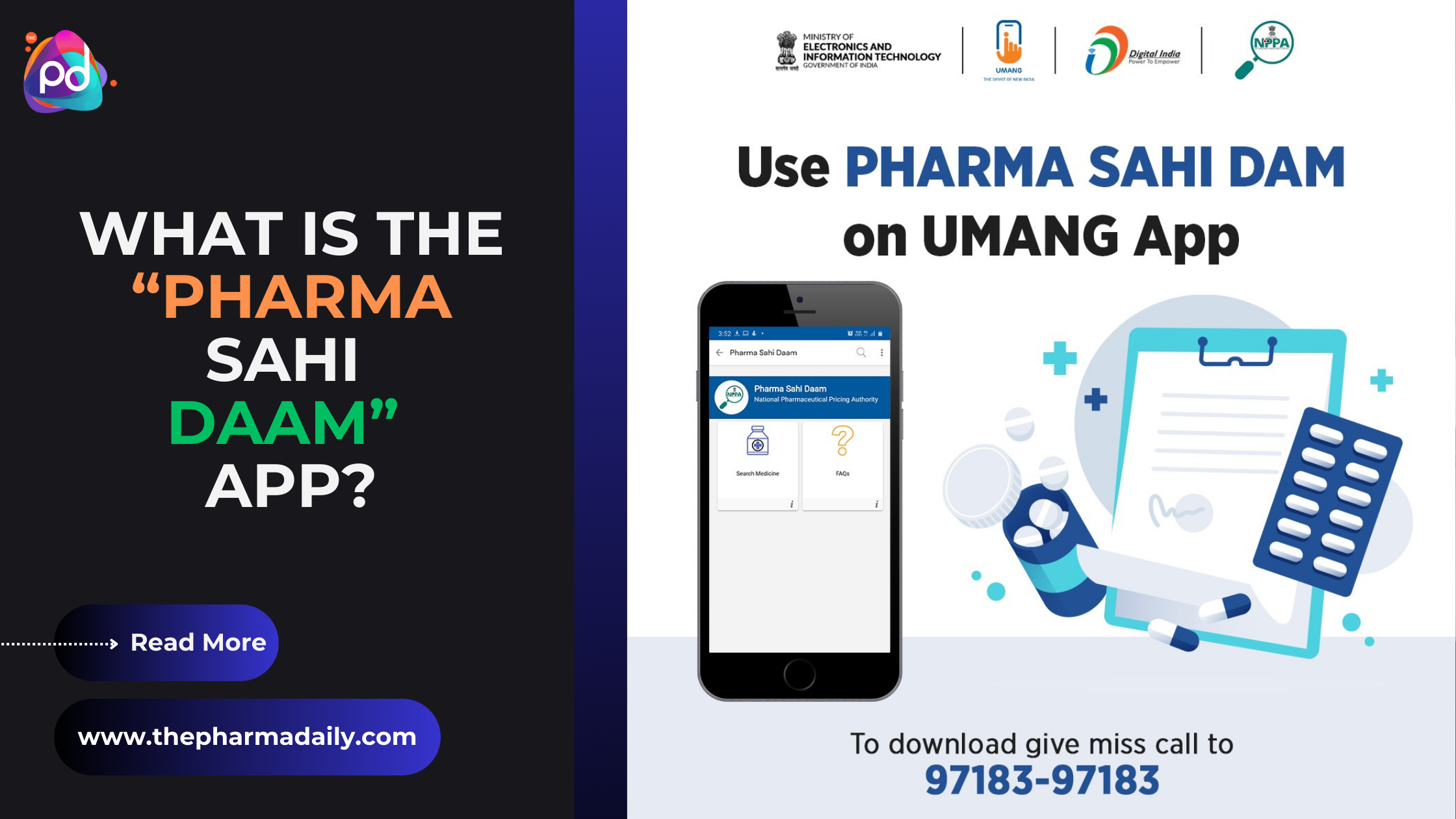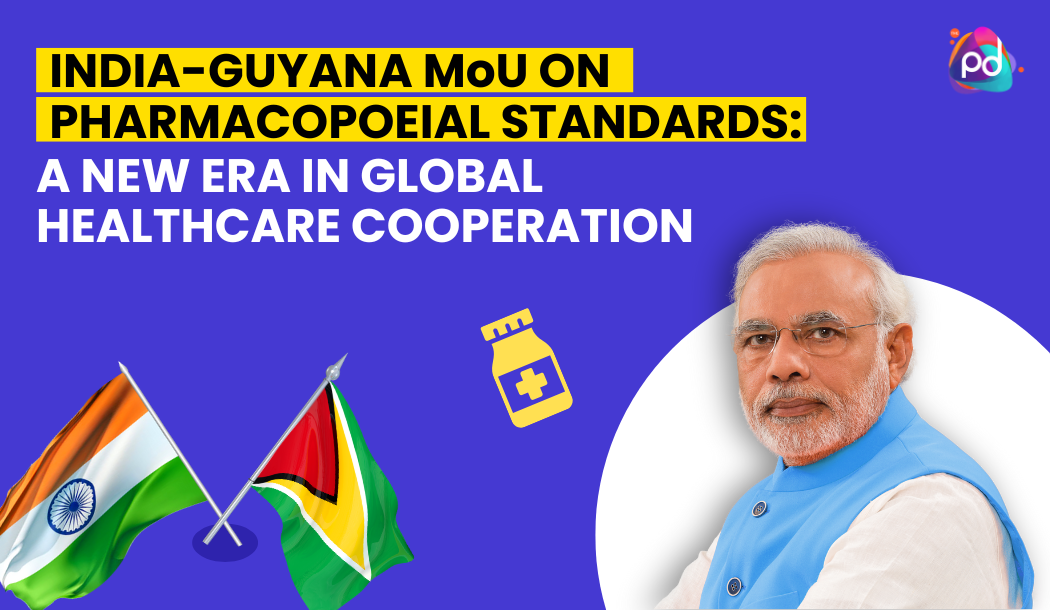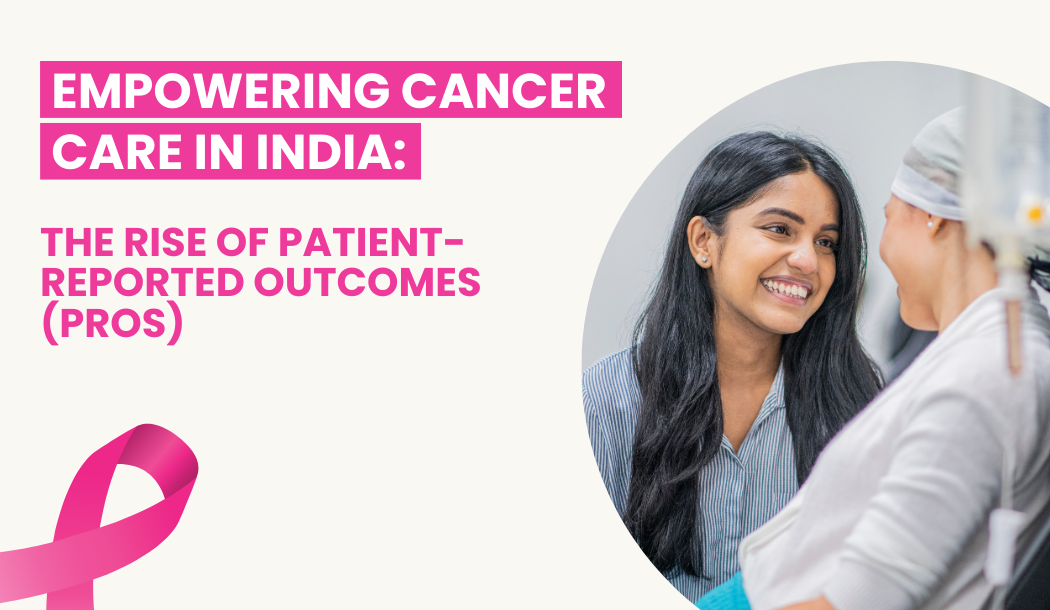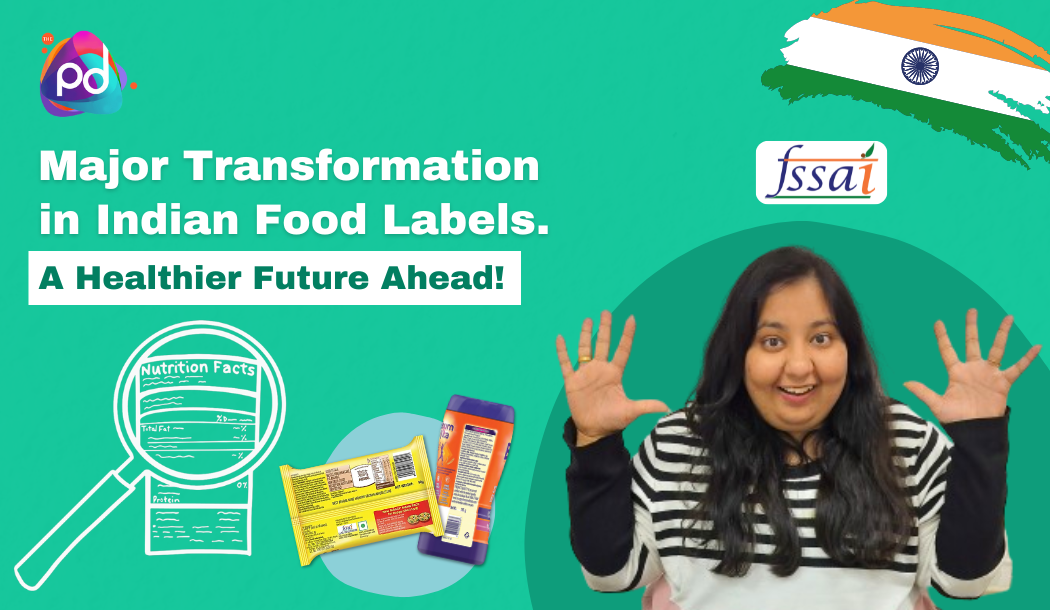Pharma Sahi Daam App: Revolutionizing Medicine Price Transparency in India
Pharmacovigilance is an essential aspect of the pharmaceutical industry that deals with the detection, assessment, and prevention of adverse effects of drugs or any other medical products. It is a crucial process that ensures the safety of patients who use these drugs and helps to monitor the quality of pharmaceutical products in the market. In this blog, we will discuss what a pharmacovigilance professional does and how their role is critical in ensuring drug safety.
What is Pharmacovigilance?
Pharmacovigilance is a scientific and regulatory activity aimed at detecting, assessing, understanding, and preventing adverse effects or any other drug-related problems. The World Health Organization (WHO) defines pharmacovigilance as the science and activities related to the detection, assessment, understanding, and prevention of adverse effects or any other drug-related problems.
What Does a Pharmacovigilance Professional Do?
A pharmacovigilance professional is responsible for ensuring that pharmaceutical products in the market are safe for human use. They work with regulatory agencies, pharmaceutical companies, and healthcare professionals to monitor the safety of drugs and medical products. Their role includes:
-
Identifying and Reporting Adverse Effects: A pharmacovigilance professional is responsible for identifying and reporting any adverse effects that occur with the use of drugs or medical products. They collect and analyze data from various sources, including clinical trials, medical literature, and spontaneous reports from healthcare professionals and patients.
-
Conducting Safety Assessments: Pharmacovigilance professionals conduct safety assessments of drugs and medical products to evaluate their safety profiles. They review data and develop risk management plans to mitigate any potential risks associated with these products.
-
Communicating Safety Information: Pharmacovigilance professionals communicate safety information to healthcare professionals, regulatory agencies, and patients. They provide information on the benefits and risks of drugs and medical products and advise on how to use them safely.
-
Monitoring Product Quality: Pharmacovigilance professionals also monitor the quality of pharmaceutical products in the market. They ensure that these products meet the required standards for safety, efficacy, and quality.
-
Ensuring Compliance: Pharmacovigilance professionals ensure that pharmaceutical companies comply with regulatory requirements related to drug safety. They also provide guidance on regulatory requirements and help companies prepare for regulatory inspections.
Conclusion
Pharmacovigilance is an essential process that helps to ensure the safety of drugs and medical products in the market. Pharmacovigilance professionals play a critical role in this process by identifying and reporting adverse effects, conducting safety assessments, communicating safety information, monitoring product quality, and ensuring compliance with regulatory requirements. Their work helps to protect the health and well-being of patients who use these products.












